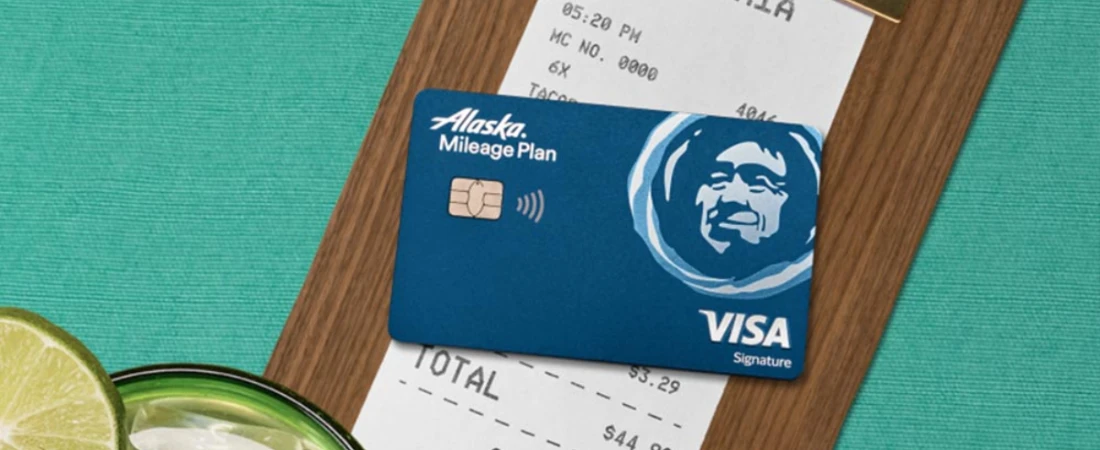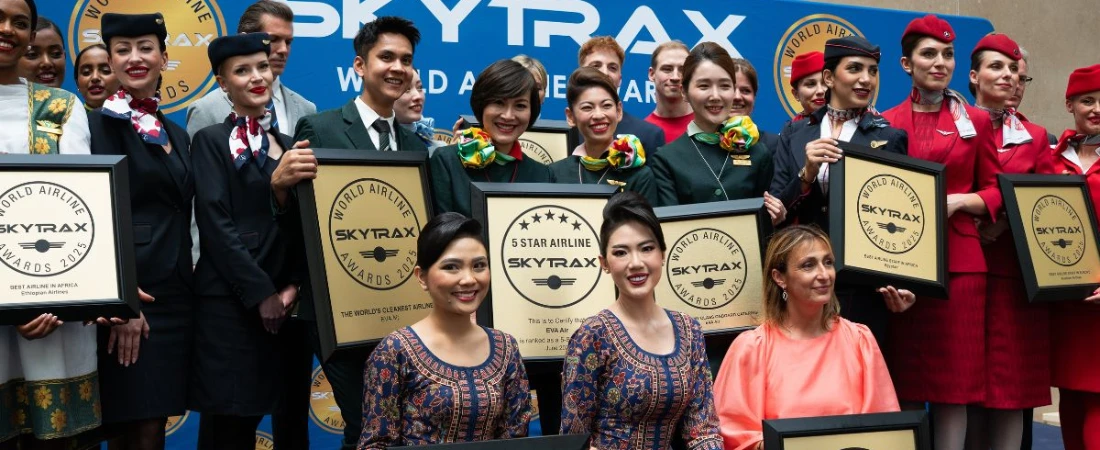
One of the most frustrating surprises for travelers using airline miles is the unexpected fuel surcharge tacked onto their supposedly “free” award ticket. These surcharges, often labeled as “carrier-imposed fees” or “YQ,” can range from a modest $50 to over $1,000 on long-haul premium flights, significantly reducing the value of your hard-earned miles.
Unlike airport taxes or mandatory government-imposed fees, fuel surcharges are discretionary. Airlines often add them to boost revenue, especially on popular international routes and premium cabin redemptions. In some cases, the surcharge can cost more than an economy ticket purchased outright in cash.
While some frequent flyer programs are notorious for passing on fuel surcharges to customers, others absorb them or never impose them at all. The key to maximizing the value of your points and miles lies in understanding which airlines and loyalty programs to use, which routes to book, and how to find sweet spots that eliminate or minimize these surcharges altogether.
This guide isn’t based on vague strategies or speculation. Every method discussed is backed by actual airline policies, redemption charts, and real-life booking examples. Whether you’re planning a transatlantic business class escape or a simple domestic trip, avoiding fuel surcharges is possible with the right approach.
Many travelers unknowingly pay hundreds in unnecessary fees, thinking it’s just part of the deal. But the truth is, informed flyers routinely dodge these surcharges through smart routing, selective program usage, and by leveraging alliances to their advantage.
This post will walk you through practical, proven steps to help you avoid fuel surcharges on award tickets, highlighting specific airlines, programs, and booking engines that work in your favor. By the end, you'll be able to confidently redeem miles without fearing an inflated cash co-pay.
Let’s dive into how you can protect your points and your wallet.
The first and most effective method to avoid fuel surcharges is to book through frequent flyer programs that explicitly do not pass them on. While some airlines impose these surcharges on their own flights, their loyalty programs may waive them when booking partner awards. Here's a breakdown of the most reliable programs:
Avianca’s LifeMiles program is widely regarded for not passing on fuel surcharges, even when booking partners like Lufthansa or Swiss—carriers that usually impose heavy fees. This means you can fly Lufthansa First Class using LifeMiles with only minimal taxes and fees.
United Airlines doesn’t impose fuel surcharges on any award tickets, even when you book partners like ANA, Lufthansa, or Austrian. It’s one of the few programs that absorbs the cost entirely. This makes United MileagePlus a go-to option for booking Star Alliance award flights without surprise charges.
Alaska’s program avoids fuel surcharges on most partners, including Japan Airlines and Cathay Pacific. While some routes might incur nominal fees (like on British Airways), most redemptions are extremely low-cost in terms of cash outlay.
AAdvantage is another strong program that avoids fuel surcharges on many partners, including Qatar Airways, Etihad, and Japan Airlines. Be cautious with British Airways though—American passes along BA’s notoriously high surcharges.
Delta rarely adds fuel surcharges, especially on its own flights and some partners like Virgin Atlantic. However, it’s worth noting that Delta’s award prices fluctuate dramatically due to dynamic pricing, so while surcharges may be low, the miles required might be higher.
These programs are particularly valuable when booking premium cabin seats. For example, Lufthansa business class via LifeMiles can cost under $100 in taxes and fees, while the same ticket through ANA Mileage Club may incur $500+ in fuel surcharges.
Before transferring your credit card points to any loyalty program, always check the airline’s surcharge policy. Programs like British Airways Executive Club, Lufthansa’s Miles & More, and Air France Flying Blue often include surcharges unless you’re very selective with routes and partners.
By sticking with surcharge-absorbing programs, you can keep your out-of-pocket costs minimal and maximize the value of every mile redeemed.

Certain airlines are infamous for imposing sky-high fuel surcharges on their award tickets, particularly in premium cabins. If you're not careful, you might end up paying close to cash fares despite using miles. Here’s a breakdown of major offenders and how to sidestep them:
British Airways charges some of the steepest fuel surcharges in the industry. A business class flight from the U.S. to London can incur over $800 in taxes and fees, with the majority stemming from YQ charges. Even short-haul European redemptions often carry $100+ in fees.
Avoid Strategy:
Book British Airways flights using programs like American AAdvantage, but even then, surcharges persist. Your best bet is to avoid BA flights entirely or fly from lower-tax airports such as Dublin or Madrid.
Lufthansa also adds high fuel surcharges on long-haul flights, especially in first and business class. Booking via Miles & More or ANA can result in fees upwards of $500.
Avoid Strategy:
Use Avianca LifeMiles or United MileagePlus instead. These programs do not pass on Lufthansa's surcharges, even in first class.
While Flying Blue occasionally offers Promo Awards, they often add substantial surcharges, particularly for long-haul premium redemptions.
Avoid Strategy:
Monitor their Promo Awards carefully or book through Delta SkyMiles, which often limits surcharges when booking Air France or KLM flights.
Emirates charges surcharges of $500+ on many award flights. The cost increases significantly for First Class redemptions.
Avoid Strategy:
Use Alaska Mileage Plan or Emirates Skywards only when redeeming on routes known for low fees (e.g., intra-Gulf or select Asia flights). Alternatively, fly Emirates via Japan or Southeast Asia to minimize fees.
Qatar imposes moderate surcharges, but they can add up fast on long-haul flights. If booking via British Airways, expect high fees.
Avoid Strategy:
Book Qatar flights using American AAdvantage, which does not pass on surcharges. This is an excellent way to fly QSuites for under $100 in taxes.
Avoiding these airlines entirely is not always feasible. Instead, route creatively through partners or use alternative programs to bypass the high fees. By knowing which airlines to steer clear of and which booking channels to use, you can protect your points and your wallet.

Airline alliances—Star Alliance, oneworld, and SkyTeam—offer travelers valuable opportunities to book flights on partner carriers. By booking through a member airline that doesn't impose fuel surcharges, you can fly another airline (even one that normally does) with minimal fees.
Here’s how to use alliances to your advantage:
These alliance strategies allow travelers to access premium experiences like Lufthansa First or Qatar QSuites without the financial penalty. Booking through the right partner—often with a better loyalty program—can dramatically reduce or eliminate fuel surcharges.
Understanding alliance dynamics is one of the most effective tools for maximizing award redemptions while minimizing out-of-pocket costs.

Routing strategies can dramatically impact the taxes and fees you pay on award tickets. Sometimes, it’s not just which airline you fly, but where you fly from and through that determines your final cost.
Here are some practical ways to manipulate your routing to reduce or eliminate fuel surcharges:
Flying out of these countries can substantially reduce your award ticket fees, even if returning to a high-surcharge region like the U.K.
Booking two one-way tickets instead of a round-trip can help you avoid higher surcharges from certain legs. For example, flying into London might incur high fees, but flying out of it on a separate ticket (via low-fee Dublin) might reduce total costs.
For example, fly to Asia using ANA via United MileagePlus, then continue within Asia on Singapore Airlines or Asiana, which tend to have low fees.
London Heathrow is notorious for high fees and departure taxes. Departing from Gatwick, Dublin, or even Paris can significantly reduce total charges.
Use a low-cost cash flight to position yourself in a country or city with lower fuel surcharges before starting your award trip.
These routing tricks require a bit of planning but can save hundreds of dollars. Always check the taxes and fees before booking and compare different itineraries to find the most cost-effective route.
With strategic routing, you can enjoy the same premium travel experience while keeping your total out-of-pocket costs to a minimum.

Fuel surcharges can undermine the value of even the most lucrative award ticket redemptions. But with the right knowledge and a strategic approach, these unnecessary costs can be avoided or dramatically reduced.
Start by choosing the right frequent flyer programs—like United MileagePlus, Avianca LifeMiles, and American AAdvantage—that do not pass on fuel surcharges. Avoid booking awards with airlines known for high YQ fees like British Airways and Lufthansa unless you use a partner program that absorbs those fees.
Leverage airline alliances to your benefit. Booking partner flights through surcharge-friendly programs gives you access to the same planes at a fraction of the cost. Use tools and award charts to compare routes, and book through platforms that show the full breakdown of taxes and fees upfront.
Incorporate routing tactics like departing from low-surcharge countries, avoiding airports like Heathrow, or using stopovers creatively to dodge high YQ segments. These tricks allow flexibility in both experience and budget, especially when traveling internationally in premium cabins.
Keep in mind that not all redemptions are created equal. Always calculate the value per mile and factor in any cash surcharges when assessing if a booking is worthwhile. Even a business class seat can lose its value if you’re paying $800 in “free ticket” surcharges.
With loyalty programs constantly changing rules and dynamic pricing models becoming the norm, staying educated is key. Set up alerts, read fare rules, and use search tools that factor in fuel surcharges.
By applying these proven methods, you can fly farther and better for less—making your points and miles stretch further than ever before.
Lina Zhou is a globe-trotting travel writer from Chengdu, China. With a passion for hidden gems and cross-cultural experiences, she shares practical tips, visa guidance, and immersive stories from every corner of the world. When not exploring, she’s sipping tea while planning her next adventure.